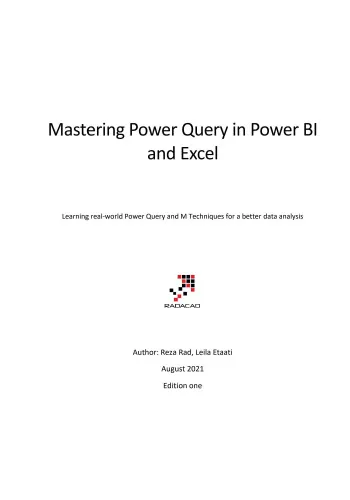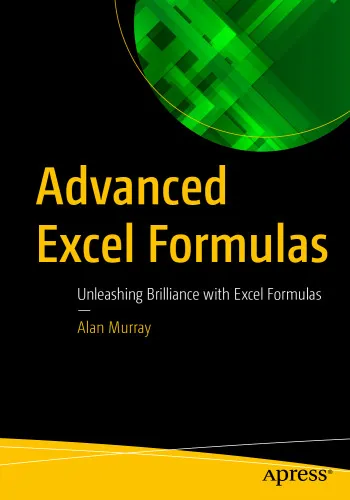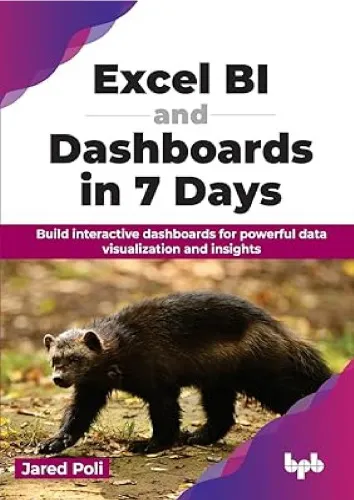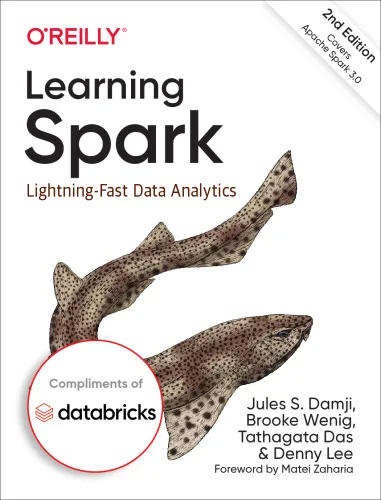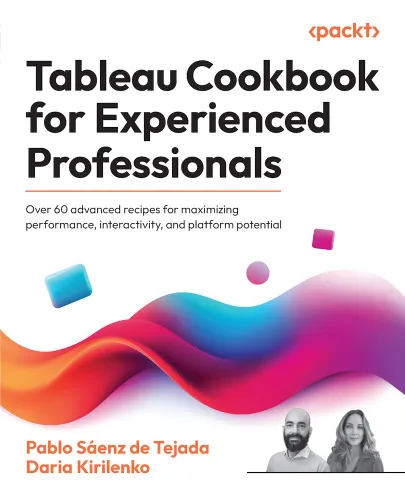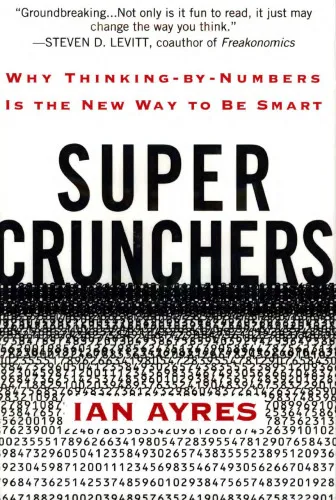Environment and Planning B: Urban Analytics and City Science
4.8
Reviews from our users

You Can Ask your questions from this book's AI after Login
Each download or ask from book AI costs 2 points. To earn more free points, please visit the Points Guide Page and complete some valuable actions.Related Refrences:
Analytical Summary
The book “Environment and Planning B: Urban Analytics and City Sciencepp.586—588” stands as a rigorous examination of the evolving intersection between urban science, computational analytics, and spatial planning. Written with an acute awareness of the complexity inherent in contemporary cities, it provides readers with evidence-based frameworks for understanding and addressing modern urban challenges. Its title reflects a well-established academic journal scope applied here to an in-depth segment, where theoretical underpinnings and practical implications converge.
Urban data science and spatial analytics are central themes in this work. The text leverages both quantitative and qualitative methodologies to capture the dynamism of city systems. The analytical approach focuses on how technology, data, and interdisciplinary collaboration can inform and drive better planning outcomes. Such synthesis equips urban researchers, policy-makers, and planners with nuanced insights into data-driven decision-making and foresight modeling.
Information about the exact publication year is unavailable due to no reliable public source confirming the detail. Nevertheless, the relevance of the material is evident, as it addresses ongoing issues of urbanization, sustainability, and adaptive governance. Each section encourages critical thought, laying out evidence, interpretations, and the limitations of current tools and models in urban analytics.
Key Takeaways
The work’s key contributions emerge from its commitment to bridging theoretical models and practical urban outcomes. Readers can expect to gain a comprehensive understanding of how spatial data, predictive analytics, and participatory governance intersect to support resilient and informed city development.
First, it clarifies the role of computational tools in enhancing urban planning, from GIS-based analysis to AI-powered forecasting. Second, it stresses the importance of transparency and accuracy in data collection, recognizing the pitfalls of incomplete datasets. Third, it demonstrates the value of interdisciplinary collaboration, uniting urban planners, data scientists, sociologists, and environmental experts to create holistic solutions.
Memorable Quotes
“Cities are both the canvas of human life and the laboratory for our technological ambitions.” Unknown
“Data without context can mislead as much as inform; understanding requires more than numbers.” Unknown
“Urban analytics is not an end in itself, but a means to equitable and sustainable change.” Unknown
Why This Book Matters
“Environment and Planning B: Urban Analytics and City Sciencepp.586—588” serves as a vital resource for professionals and scholars aiming to navigate the intricate web of modern urban issues. Its blend of theory and praxis makes it particularly valuable for those working at the forefront of city planning and management.
Since cities are the focal points for economic, cultural, and environmental transformations, specialized knowledge in urban data science and spatial analytics empowers stakeholders to design policies and frameworks that can withstand future uncertainties. This book’s structured discussion ensures that the reader not only understands analytic techniques but also appreciates the human dimension of urban transformation.
Inspiring Conclusion
In revisiting the insights of “Environment and Planning B: Urban Analytics and City Sciencepp.586—588,” readers are invited to reflect on the transformative potential of combining rigorous data analysis with mindful urban policy-making. The work’s enduring relevance lies in its balanced attention to technical detail and socio-cultural impact.
For academics, urban professionals, and engaged citizens alike, the message is clear: informed, data-driven strategies are indispensable in crafting cities that are robust, adaptable, and inclusive. The next step is to immerse oneself in these analytical frameworks, share the discourse within professional networks, and consider how these approaches might be applied to pressing local or global urban challenges.
Free Direct Download
You Can Download this book after Login
Accessing books through legal platforms and public libraries not only supports the rights of authors and publishers but also contributes to the sustainability of reading culture. Before downloading, please take a moment to consider these options.
Find this book on other platforms:
WorldCat helps you find books in libraries worldwide.
See ratings, reviews, and discussions on Goodreads.
Find and buy rare or used books on AbeBooks.

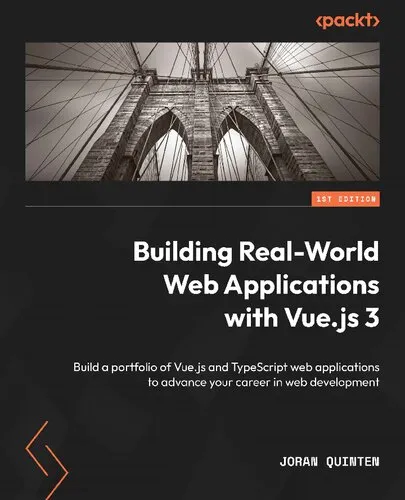
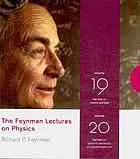
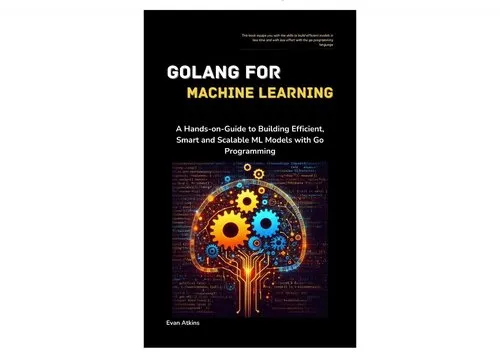
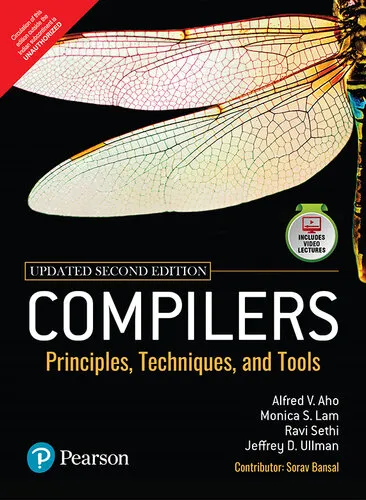



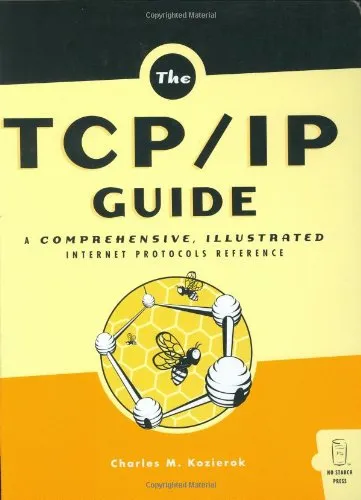
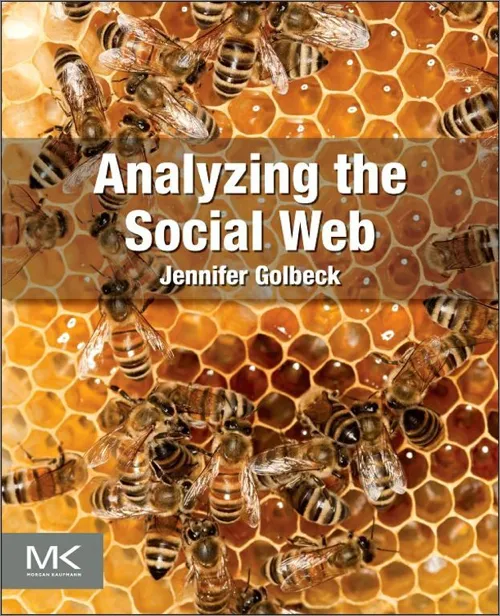
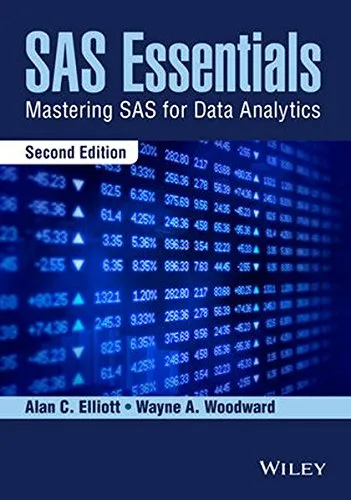


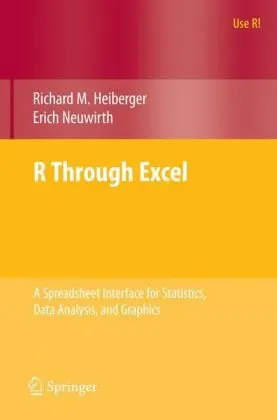
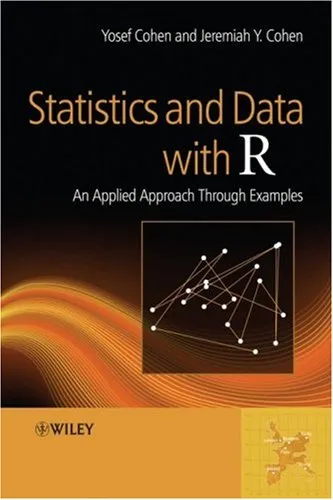
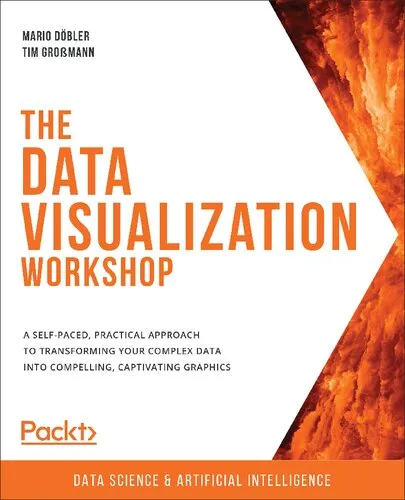
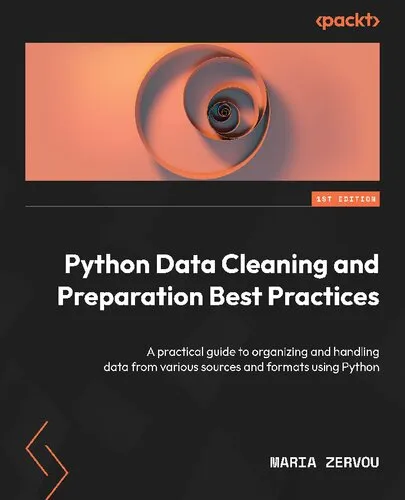
![Practical Data Quality: Learn practical, real-world strategies to transform the quality of data in your organization [Team-IRA]](https://s3.refhub.ir/images/thumb/Practical_Data_Quality__Learn_practical__real_38764.webp)
